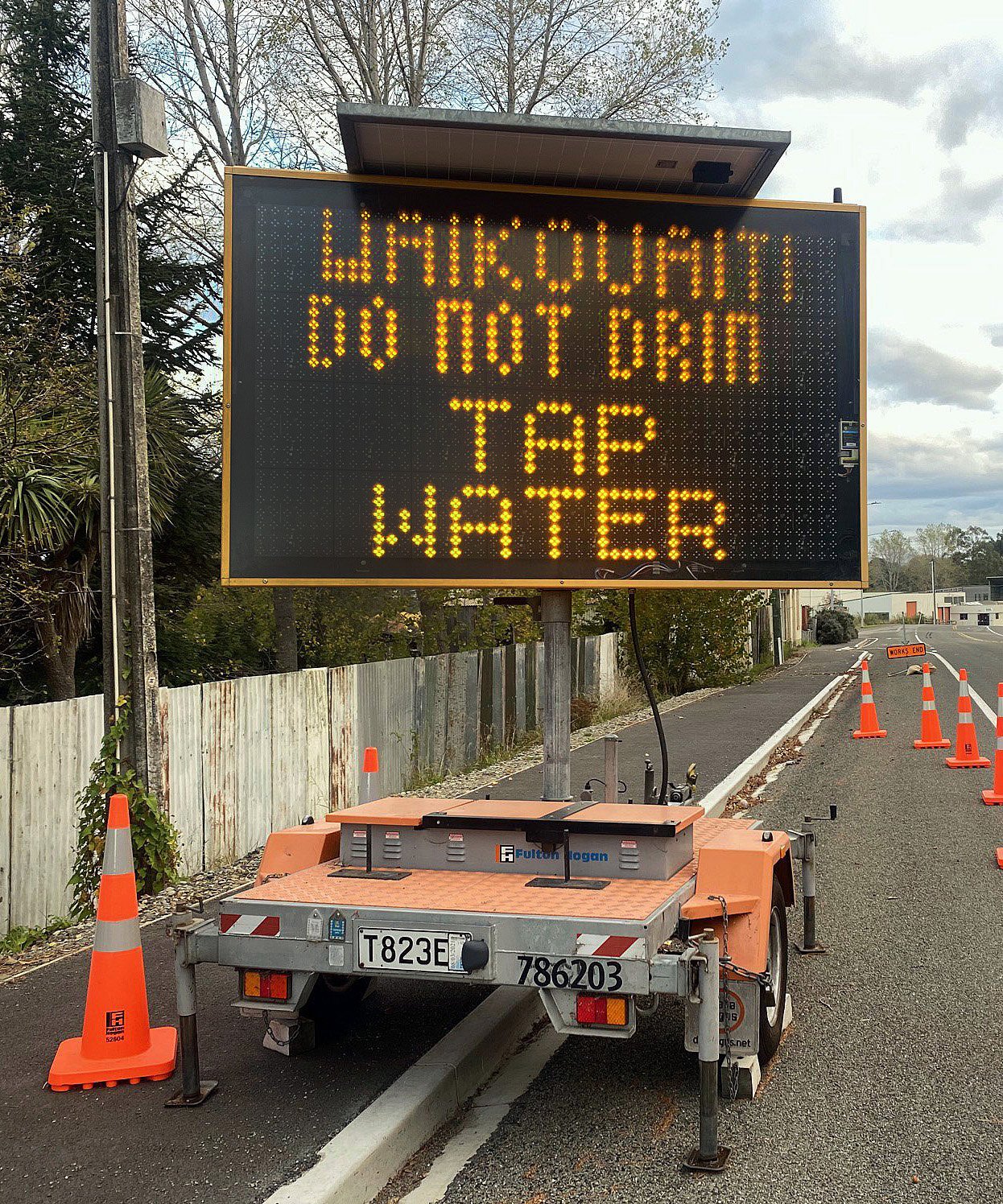
Water New Zealand developed a course that included the contamination scare in Waikouaiti, Karitane and Hawksbury Village as a case study.
It is principally aimed at Three Waters engineers and drinking water suppliers, and the course designer — Water New Zealand’s technical lead for drinking water quality, toxicologist

"I saw firsthand how communities were affected and the impact that these events can have on households, schools and local businesses," she said.
Residents were told not to drink tap water — nor use it for cooking or brushing their teeth — for six months, after detection of intermittent spikes in lead.
In the end, an extensive investigation found some elevated readings were probably caused by lead leaching from pipes and fittings in customer connections, not from the wider Dunedin City Council drinking water network.
The council concluded there was no widespread lead in its drinking water network.
Dr Cridge said the working group that decided it was necessary to impose a "do not drink" the water notice had strong reasons for doing so.
"I have reconsidered this at length and whether my own recommendations would change and I would stand by the calls that I made at the time around protecting public health, especially for the more vulnerable in the community," she said.
Dr Cridge was mindful of the everyday impact in the area.
Visiting a cafe during the investigation, she heard conversations on the subject.
"It was winter, so the mornings were good and frosty and people were having to take containers to the filling station," she said.
"The cafe staff were having to make multiple trips. People were having to make trips for their elderly family, kids were carrying containers on their way home from school.
"It made me really aware of the impact of not having ready access to safe drinking water."
Dr Cridge said the team worked hard to resolve issues, but she felt prevention would have been preferable.
"I didn’t want the efforts of the community to just become a bit of a footnote, so I’ve been working towards improving our understanding of lead since then."
Advice was issued at the time to run a cold tap for about 30 seconds each morning, to flush out the water sitting in pipes overnight.
The Ministry of Health also recommended people flush a small volume of water — about 500ml — from the cold tap before using water for drinking, cooking or brushing teeth.
Dr Cridge said regulatory progress was being made, such as mandating a reduction in lead in new plumbing products.
People needed to look for lead-free tapware when renovating their homes, she said.
Dr Cridge said messaging about flushing taps should not be forgotten.
"Many homes and schools will have old plumbing and are still at risk."
The course would be useful for public health officials, plumbers, council staff and property owners, she said.
"This resource was a way to provide clear information on what messages we need to be getting out to homeowners and helping people understand the problem of metal corrosion more widely."











